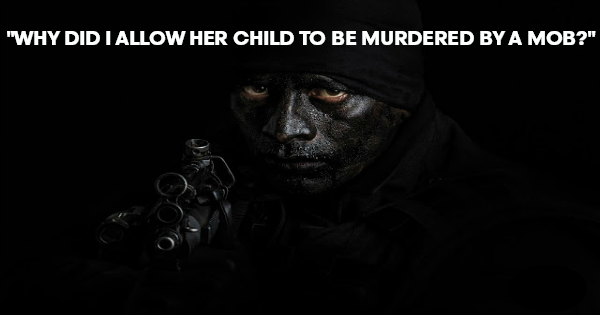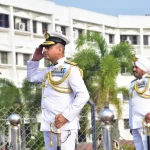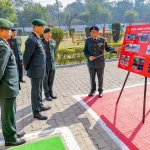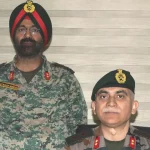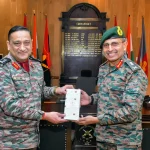During the final rounds of human rights debate organised by the Indo Tibetian Border Police under the aegis of the National Human Rights Commission, one fiery speech by a young company commander serving in the country’s elite counter-terrorism unit, the National Security Gaurd’s coveted Special Actions Group, encompassed a combat soldier’s perspective and their personal battle in tackling terrorism and militancy in the valley while ensuring human rights.
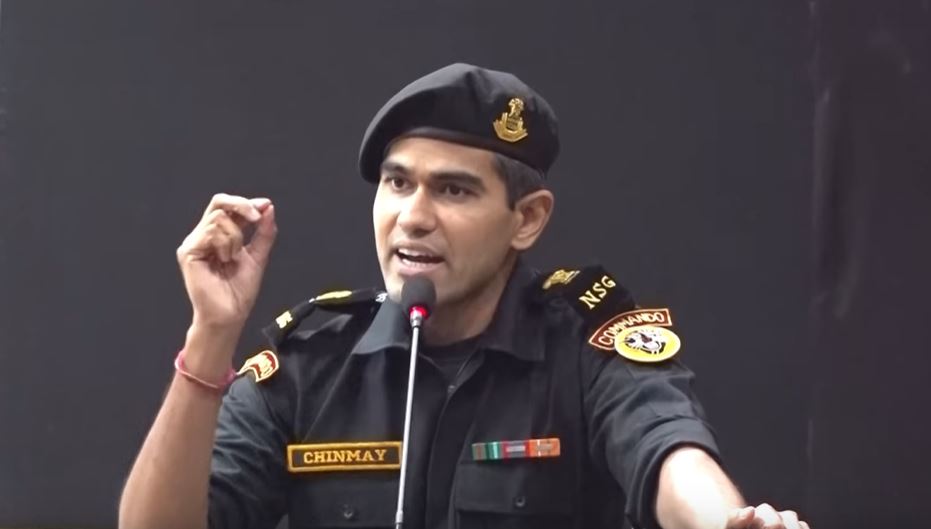
The young NSG commando, Major Chinmay Nair, starts off his speech speaking about India’s troubled neighbourhood, emphasising on the unpredictability of the country’s western neighbour, Pakistan and India’s response to their state-sponsored terrorism with the officer saying, “Any action on their soil will almost surely lead to a full-blown war!” He asks rhetorically how a soldier should deal with terrorism in such delicate situations.
The officer cites Fact sheet number 32 which has been issued by the office of the High Commissioner of the United Nations Human Rights Commission in the year 1994. The United Nations General Assembly had a declaration in which they elaborated on what constitutes terrorism. Quoting the General Assembly’s verdict, Major Nair says, “Terrorism is also all those criminal acts which are designed to provoke or incite terror in public for political reasons, they cannot be justified even for any ethnic, political, Ideological reasons.”
Highlighting the audience on what the UN constitutes as terrorism, the officer goes on to speak about the “People we deal with every day in Jammu and Kashmir.” The battle-hardened commando says with fierce conviction, “They burn buses, they force innocent school children to join their cause, they pelt stones on security forces!” He goes on to say, “Each and everything about these acts come under the purview of the very definition of terrorism, that is provided by the United Nations!”
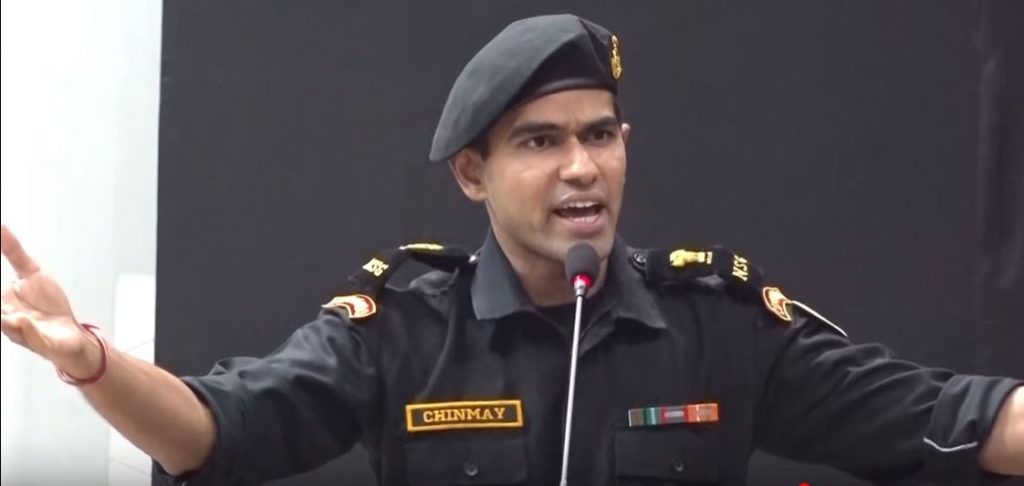
“So, let us make it clear that these are not innocent civilians that we are dealing with on a day to day basis,” declares the elite commando. He goes on to speak about recent developments in the valley, and the surge in troop presence prior to the repeal of Article 370 of the Indian constitution, “Let me ask you, do you think, without the massive deployment of force in the valley, would article 370 be a truth or a reality?”
He asks the audience “Do you think I should let people from just five districts of a state hold an entire nation at ransom, because of their vested interests?” “I don’t think so!” he declares, with a hint of rage!
He urges the audience to perceive the events in the valley through the eyes of an Indian soldier and asks with genuine emotion, “I ask the audience today, you tell me as a company commander, who has the responsibility of nearly 120 men under me, what answer do I give the mother, who asks me why I allowed her child to be murdered by angry protestors? Why did I allow a father to be killed by a shower of stones? Why did I allow a husband to die during an anti-terror operation when civilians were literally shielding the terrorist?”
He requests the audience consisting of human rights activists to think about it. The young officer reminds the audience that “everybody has got human rights!” He explains to the panel “that includes everybody who is in uniform.” He further asks “Do you think that the day I wore this uniform, I let go of my human rights?” “I don’t think so!” the Blackcat commando declares before concluding his speech.
The valley has been in turmoil since 1989, and indeed there has been violations from all sides of the conflict. It is absolutely pivotal to understand the human aspect of the conflict and the fundamental human reality that everyone sees a situation from their immediate reality and a series of shared experiences by a group of people in a similar situation. The soldiers fighting have their own traumatic experience, the civilians have their own. The challenge is seeing the conflict from the other side of the rifle sight. That is, however, easier said than done.
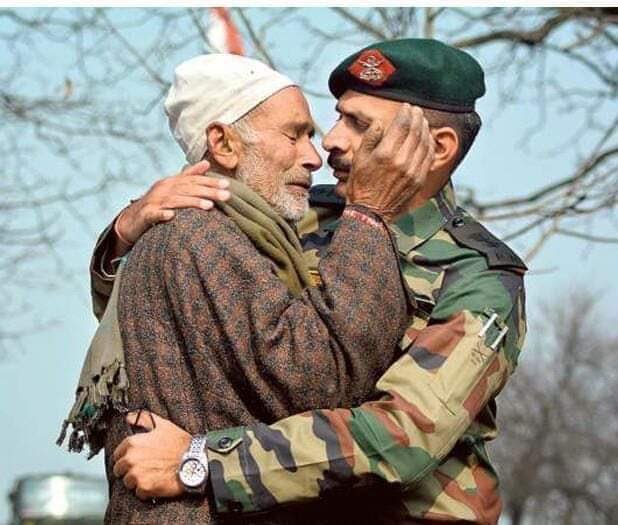
To even begin to attempt a peaceful resolution to the violence that has claimed so many lives and cut short the aspirations of generations of civilians, soldiers and police officers, it is indeed a welcome move that the Indo Tibetian Border Police along with the National Human Rights Commission has organised a potent debate platform through which every perspective, including the voices of soldiers, who remain unheard in the mainstream, is objectively analysed and, shared on a common forum to help the people realise that soldiers too are human beings trying to get back home safely.

